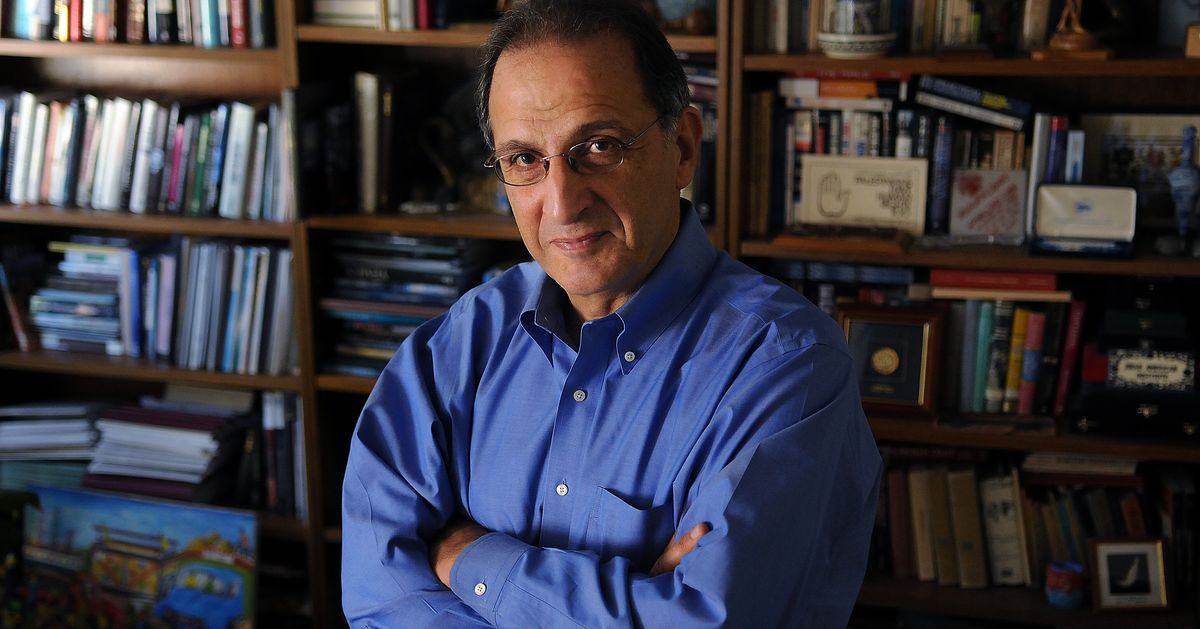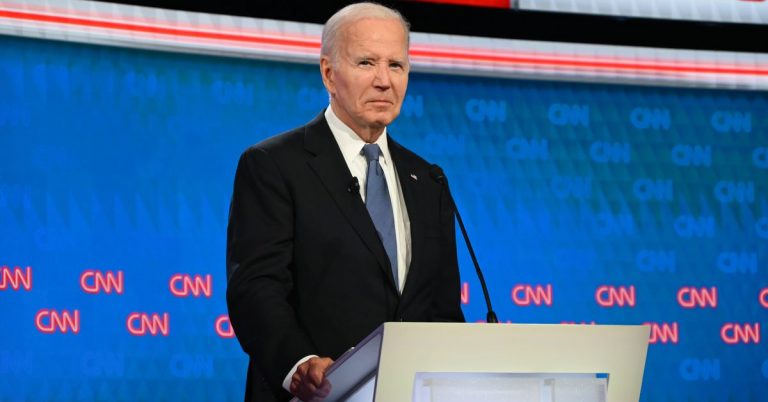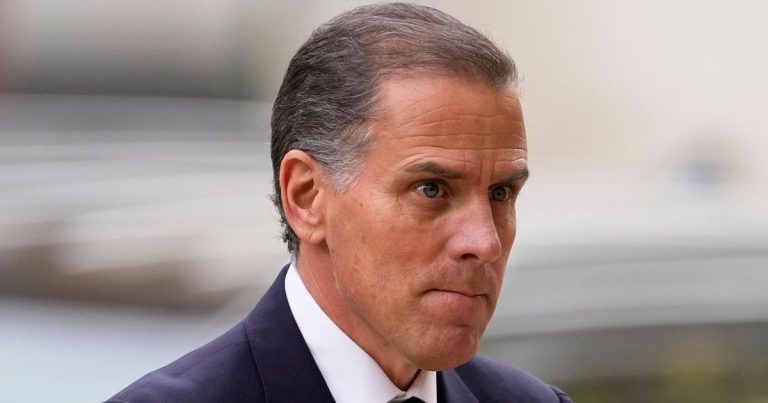DNC member suggests new nominee if Biden leaves.
James Zogby, a Democratic National Committee member, has put forward a bold proposal for an alternative presidential nominating process in case President Joe Biden decides to withdraw as the nominee. This unique plan aims to provide a fair and transparent way for potential candidates to vie for the Democratic Party’s nomination.
Under Zogby’s proposal, Democrats seeking to replace Biden would need to campaign for the support of the DNC’s 448 voting members. To qualify as a DNC-certified candidate, they would have to secure the endorsements of at least 40 voting members. Moreover, to ensure a diverse base of support, these 40 endorsements must come from at least four individuals in each of the DNC’s designated regions — Northeast, South, Midwest, and West.
Candidates interested in participating in this alternative nominating process would have to submit their applications for certification to the DNC’s secretary within a week of the process officially commencing. This innovative approach seeks to provide a level playing field for aspiring candidates, allowing them to showcase their potential to the voting members of the DNC.
Zogby’s proposed plan doesn’t end there. He envisions the DNC sponsoring at least two major televised events where candidates can present their cases before Democratic voters nationwide. This public platform would give candidates the opportunity to articulate their vision and ideas, ultimately helping them connect with the electorate.
The culmination of this alternative nominating process would be an open convention, where over 4,700 delegates at the national convention in Chicago from Aug. 19-22 would convene to choose a presidential nominee. The delegates would engage in a democratic process, conducting as many ballots as necessary until a single candidate secures a majority of the votes.
While Zogby’s proposal may bring a fresh perspective to the Democratic nomination process, the ultimate decision to withdraw still rests with Biden. Additionally, the DNC leadership, including figures like Jaime Harrison, would also play a critical role in determining the feasibility and adoption of this alternative plan.
Despite uncertainties surrounding Biden’s candidacy, Zogby’s proposal underscores the importance of planning for unforeseen circumstances. It highlights the need for a robust and democratic process that ensures the legitimacy of the party’s nominee, even in challenging situations.
Zogby, known for his critical stance on DNC practices and his association with Senator Bernie Sanders, expresses the significance of establishing a credible system that garners widespread support within the party. He envisions the 40 DNC endorsements as a mechanism to filter out unserious contenders and streamline the field of candidates.
While Vice President Kamala Harris may currently possess an advantage in the race, Zogby’s proposal envisions a rigorous campaign period that would energize the party faithful and culminate in the emergence of a consensus candidate. The process would require candidates to prove themselves on a national stage and earn the trust of party delegates, including members of Congress.
It is crucial to note that Zogby remains neutral in endorsing a specific candidate, emphasizing the need for a fair and impartial selection process. His focus lies on ensuring that the eventual Democratic nominee captures the essence of the party’s ideals and resonates with a broad spectrum of voters.
Furthermore, Zogby’s proposal comes at a time of heightened debate within the Democratic Party regarding foreign policy, particularly concerning the U.S.’s support for Israel amid ongoing conflicts in the region. While these issues remain contentious, Zogby believes that an open convention would not devolve into a divisive discussion, as the vast majority of delegates are already committed to Biden as the current nominee.
Ultimately, Zogby’s alternative presidential nominating process represents a forward-looking approach to safeguarding the integrity of the Democratic Party’s selection process. By promoting transparency, inclusivity, and democratic principles, this proposal seeks to ensure that the party’s nominee emerges as a unifying figure with broad-based support.
While the path ahead remains uncertain, Zogby’s vision for a revamped nomination process offers a glimpse into the party’s commitment to upholding democratic values and adapting to changing political landscapes. As Democrats navigate the complexities of a potentially shifting landscape, Zogby’s proposal stands as a testament to the party’s resilience and dedication to democratic ideals.








